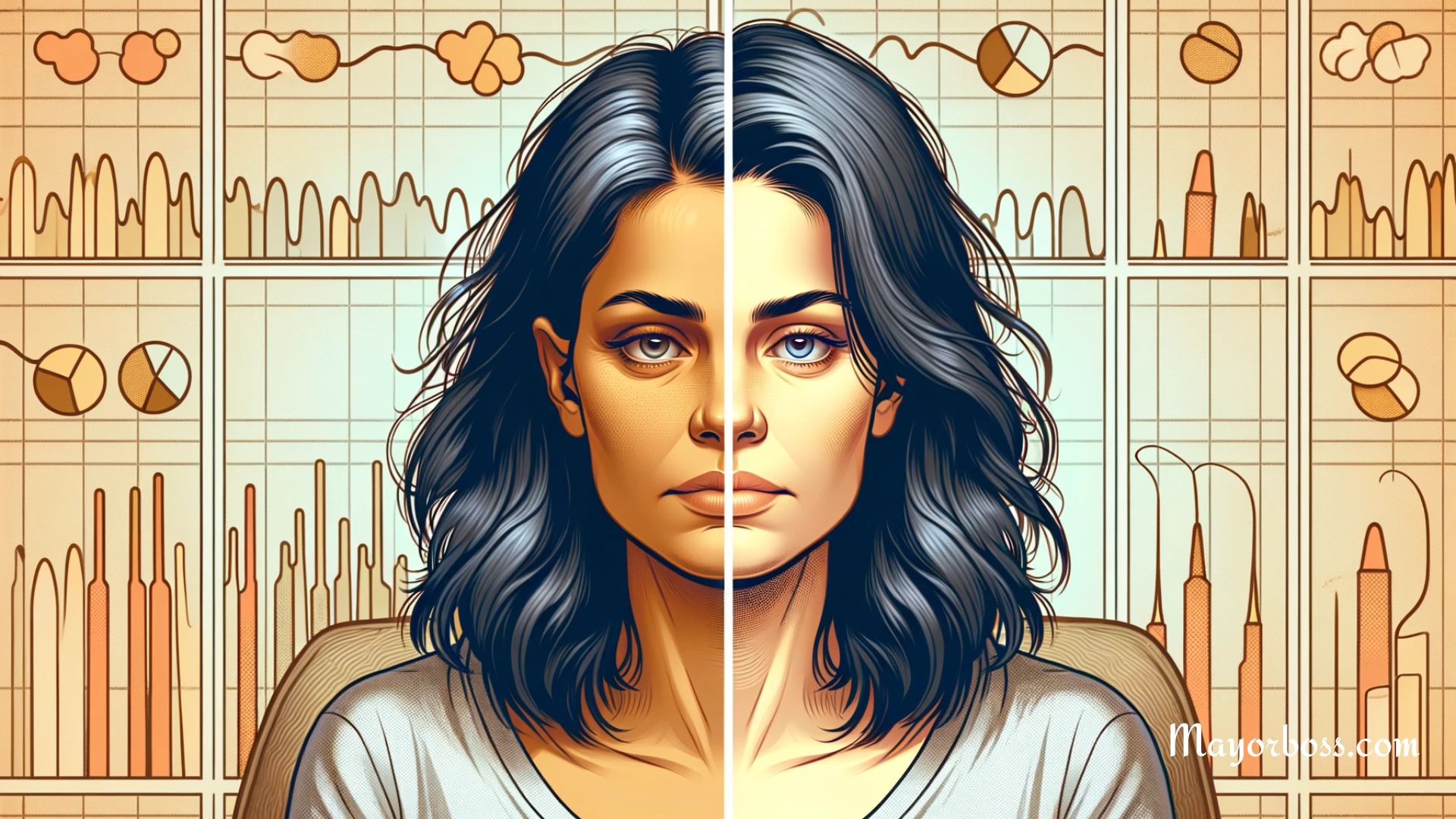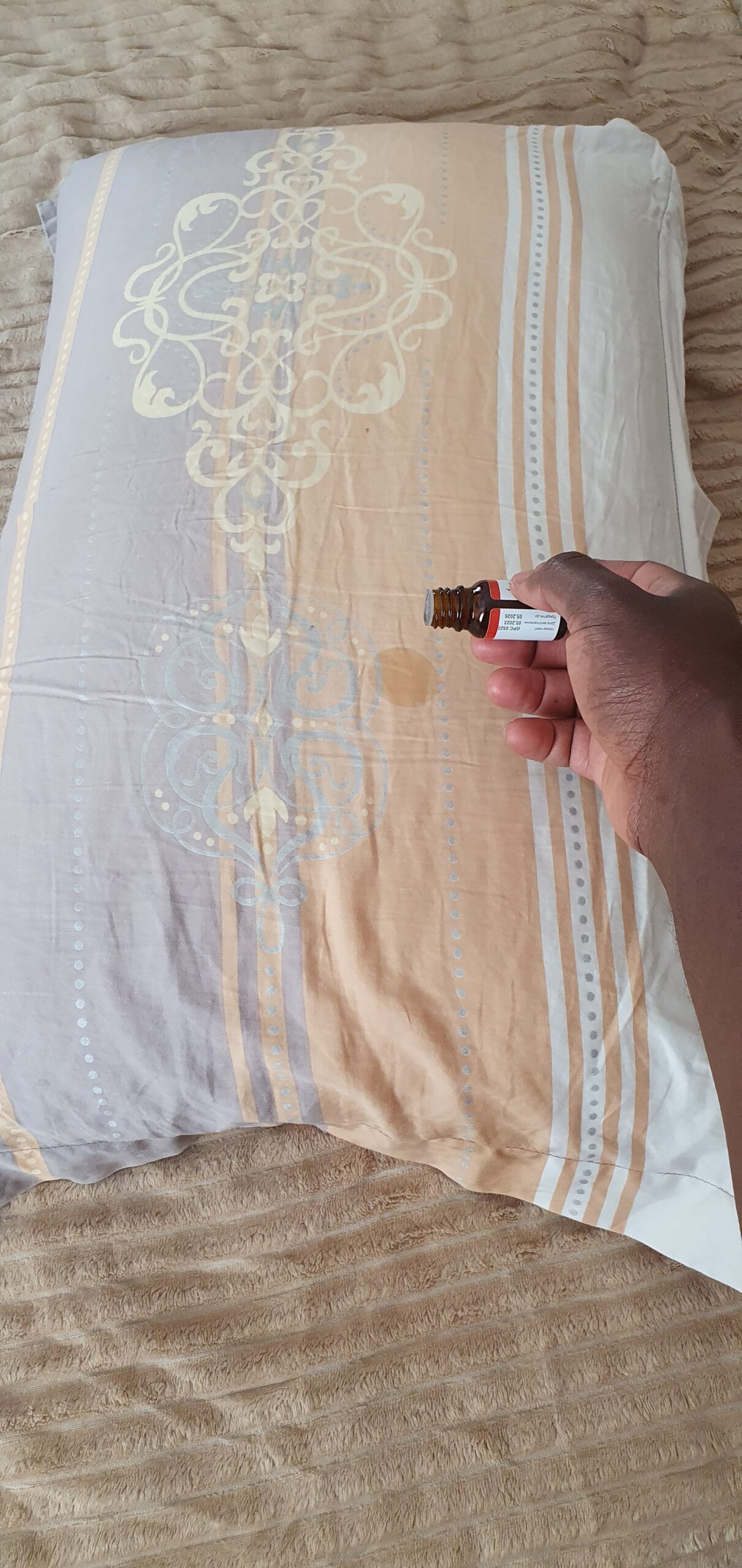3 Early Morning Signs of Type 2 Diabetes That Strikes Before 8am
Type 2 diabetes is a condition where your body cannot properly use the insulin it makes. Insulin helps move sugar from your blood into your cells. Without enough effective insulin, sugar builds up in your blood. When blood sugar stays high, it can damage vital organs, blood vessels, and nerves over time.

Many people do not realize they have type 2 diabetes because symptoms begin slowly. One of the earliest clues might appear during your morning routine—even before 4 a.m. and 8 a.m. This is known as the dawn phenomenon. According to the Mayo Clinic, “The cause of the dawn phenomenon isn’t clear. Some researchers believe the overnight release of certain hormones that happen naturally increases insulin resistance.
You might wake up to a dry mouth, find yourself running to the bathroom more often, or notice that you are just not feeling rested. If you spot these warning signs, you should talk to a doctor, get tested, and put a plan in place to manage the condition before it causes long-term problems. Keep reading to learn more!
1. Waking Up Thirsty With a Dry Mouth
If you find yourself waking up in the morning with a strong need to drink water—even if you had something to drink before bed—it may point to high blood sugar. When the sugar level in your blood stays too high for too long, your body tries to get rid of that extra sugar by making you urinate (pee) more. The more you urinate, the more fluids you lose, and this can leave you feeling very thirsty and dried out.
High blood sugar triggers a chain reaction in your body. Because the kidneys try to flush out the extra sugar, you end up losing more fluids, which leads to dehydration. This dehydration can cause you to feel thirsty as soon as you wake up. Your mouth may feel like sandpaper, and you may need to gulp down a large glass of water right away.
If you notice that morning thirst keeps happening day after day, do not ignore it. Monitor how much you drink before bedtime. If you feel dry and parched in the morning, regardless of how much water you drink in the evening, consider getting your blood sugar checked. A simple blood test at your doctor’s office can help you identify a problem before it gets worse.
2. Frequent Trips to the Bathroom
Another telltale sign is feeling like you have to urinate as soon as you wake up—and often more than once before breakfast. This can be more than just a normal morning routine. When your blood sugar runs high overnight, your kidneys work overtime to remove the extra sugar from your blood. To do this, they produce more urine. You might have to go several times during the early hours, even if you didn’t drink that much water before bed.
The body tries hard to keep your blood sugar level stable. When there is too much sugar, your kidneys kick into action to get rid of it. This extra effort leads to more urine production, which can cause you to wake up multiple times to urinate. Over time, these extra trips can disrupt your sleep, leave you feeling tired, and affect your overall mood and energy.
If you notice a pattern of frequent morning urination, pay attention to how you feel the rest of the day. Do you still feel tired even if you sleep for seven or eight hours? Do you feel drained before you even start your day? If yes, it is a good idea to schedule an appointment to check your blood sugar. Controlling your blood sugar early can reduce these frequent bathroom visits and help you get a more restful night’s sleep.
3. Feeling Tired and Not Well-Rested
Do you wake up feeling sluggish, even though you think you slept enough? High blood sugar can interfere with a good night’s rest. When your body tries to manage extra sugar, it can cause restless sleep. This leads to waking up feeling like you have no energy. You might blame it on stress or not sleeping well, but sometimes the root cause is rising blood sugar levels.
Your body works best when your blood sugar is stable. High blood sugar at night may cause your body to work overtime to bring it down. This extra work happens while you are trying to rest, leaving you feeling tired when you open your eyes in the morning. You might also experience morning headaches or mild vision changes (like blurry vision) as your body struggles with sugar balance.
If you find yourself waking up tired every morning, do not just shrug it off. Keep track of how you feel, especially if you also have other signs, such as thirst and frequent urination. If these symptoms continue, talk to a doctor. The earlier you check for type 2 diabetes, the better your chances of managing it well.
Other Risk Factors to Keep in Mind
Anyone can develop type 2 diabetes, but some factors increase your risk. These include being overweight, not getting enough physical activity, and having a family history of diabetes. If you have these risk factors and notice the morning signs listed above, it is even more important to see a doctor. Early testing and treatment could help you avoid long-term health problems.
When to See a Doctor
If you experience these morning signs a few times, it might not mean you have type 2 diabetes. Everyone has off days. But if you notice these symptoms repeating day after day, do not wait. Make an appointment with a healthcare provider. A simple blood test can confirm whether you have type 2 diabetes. If you do, your doctor will help you create a plan to manage your blood sugar. This may include changes to your diet, more regular exercise, and possibly medication to help your body use insulin better.
Taking Steps for Better Health
If you learn that you have type 2 diabetes, do not panic. You can take control of your health. Focus on small changes. Try to eat balanced meals with lean proteins, whole grains, fruits, and vegetables. Get moving more—brisk walking for 30 minutes a day can help. Work closely with your doctor to find the right treatment plan. With proper care, most people can manage their diabetes and feel much better.
Even if you do not have diabetes, paying attention to these early signs can help you take steps to prevent it. Losing a small amount of weight if you are overweight, increasing your activity, and choosing healthier foods can reduce your risk.






